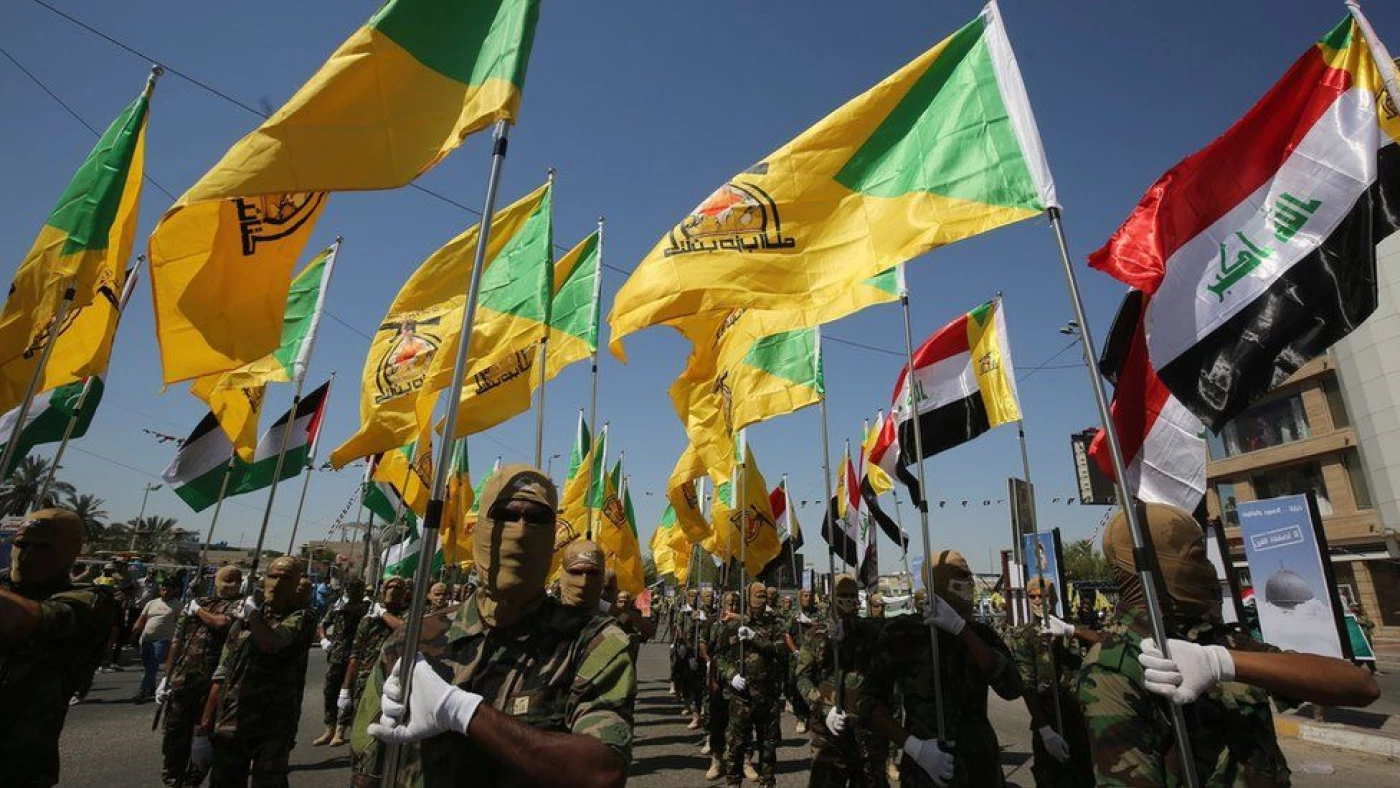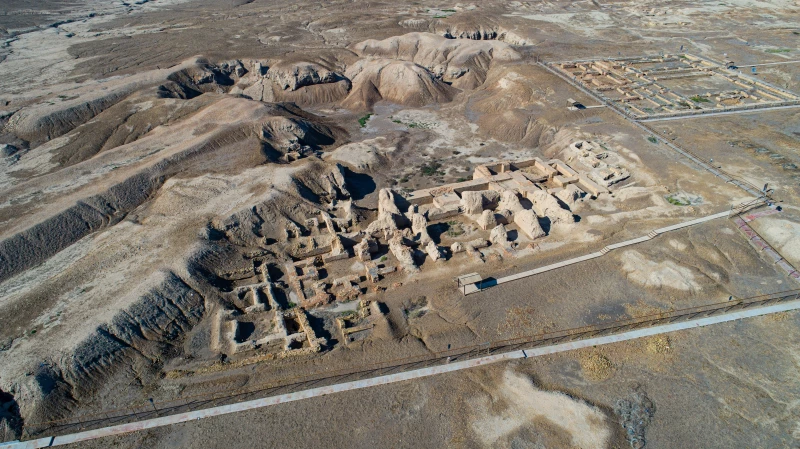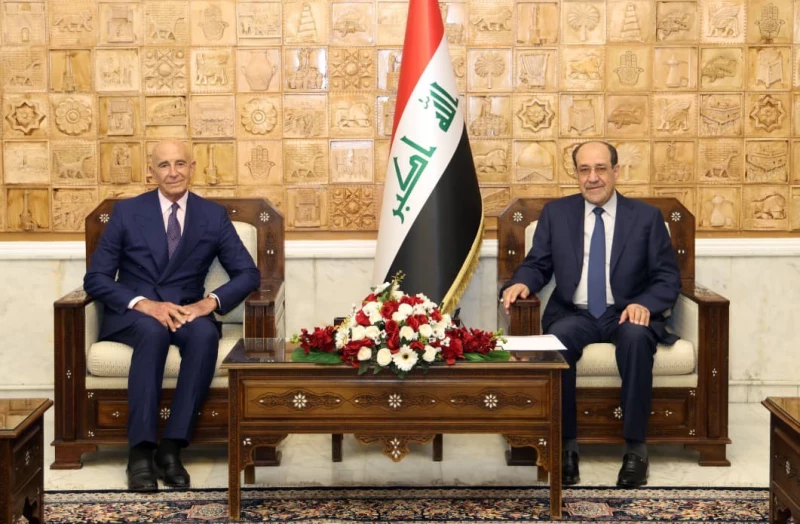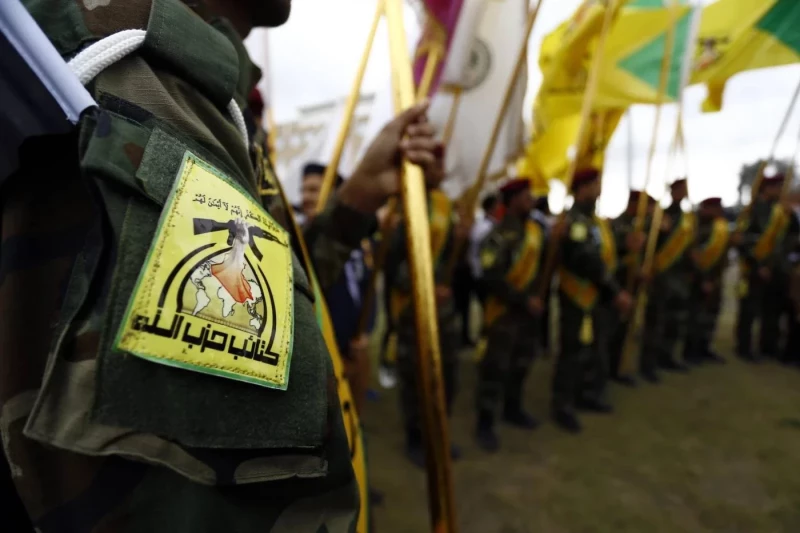ERBIL, Kurdistan Region of Iraq - Kataib Hezbollah spokesperson Abu Ali al-Askari on Saturday dismissed new US sanctions targeting individuals allegedly linked to the group, calling them “laughable” and “evidence of weak intelligence.”
The US Department of the Treasury on Thursday announced the imposition of sanctions on the Muhandis General Company and three Iraqi bank executives, accusing them of laundering money for Iran's Islamic Revolutionary Guard Corps (IRGC) and Iran-backed militias in Iraq, including Kataib Hezbollah and Asaib Ahl al-Haq, in extension of the country’s “maximum pressure” campaign on Iran.
“The Muhandis General Company is controlled by Popular Mobilization Commission Chief of Staff and U.S.-designated Kata’ib Hizballah leader Abd al-Aziz Malluh Mirjirash al Muhammadawi (Abu Fadak),” the US Treasury Department said in a statement. “Muhandis General Company, under the control of Kata’ib Hizballah, uses a sub-contracting method to divert funds from Iraqi government contracts.”
In a statement, Askari said the US Treasury’s accusations were “baseless,” asserting that none of the sanctioned individuals are affiliated with the group.
He described Washington’s move as an attempt “to tarnish the image of the resistance” but vowed that “collecting information on foreign presence and occupation forces will not stop as long as the occupation exists.”
The statement also praised what it described as the “breaking of the Zionists’ will in Gaza,” saying that the “Islamic nation has proven capable of standing up to oppression,” and that recent developments would serve as a “foundation for restoring rights to their owners.”
Askari emphasized that the “Islamic Resistance” had played a major role in Iraq’s liberation and sought to protect the country from wars. He said the group acts independently of any external influence while expressing respect for the views of the Coordination Framework political bloc.
Addressing domestic politics, he urged supporters to take part actively in Iraq’s upcoming parliamentary elections, comparing political participation to “the battles of liberation” and calling on followers “to prove to enemies that they are men of the state as they were men of the battlefield.”
The statement concluded by describing the group’s weapons as a “trust of Imam al-Mahdi in the hands of honorable fighters,” warning critics against questioning the resistance’s armament.



 Facebook
Facebook
 LinkedIn
LinkedIn
 Telegram
Telegram
 X
X


